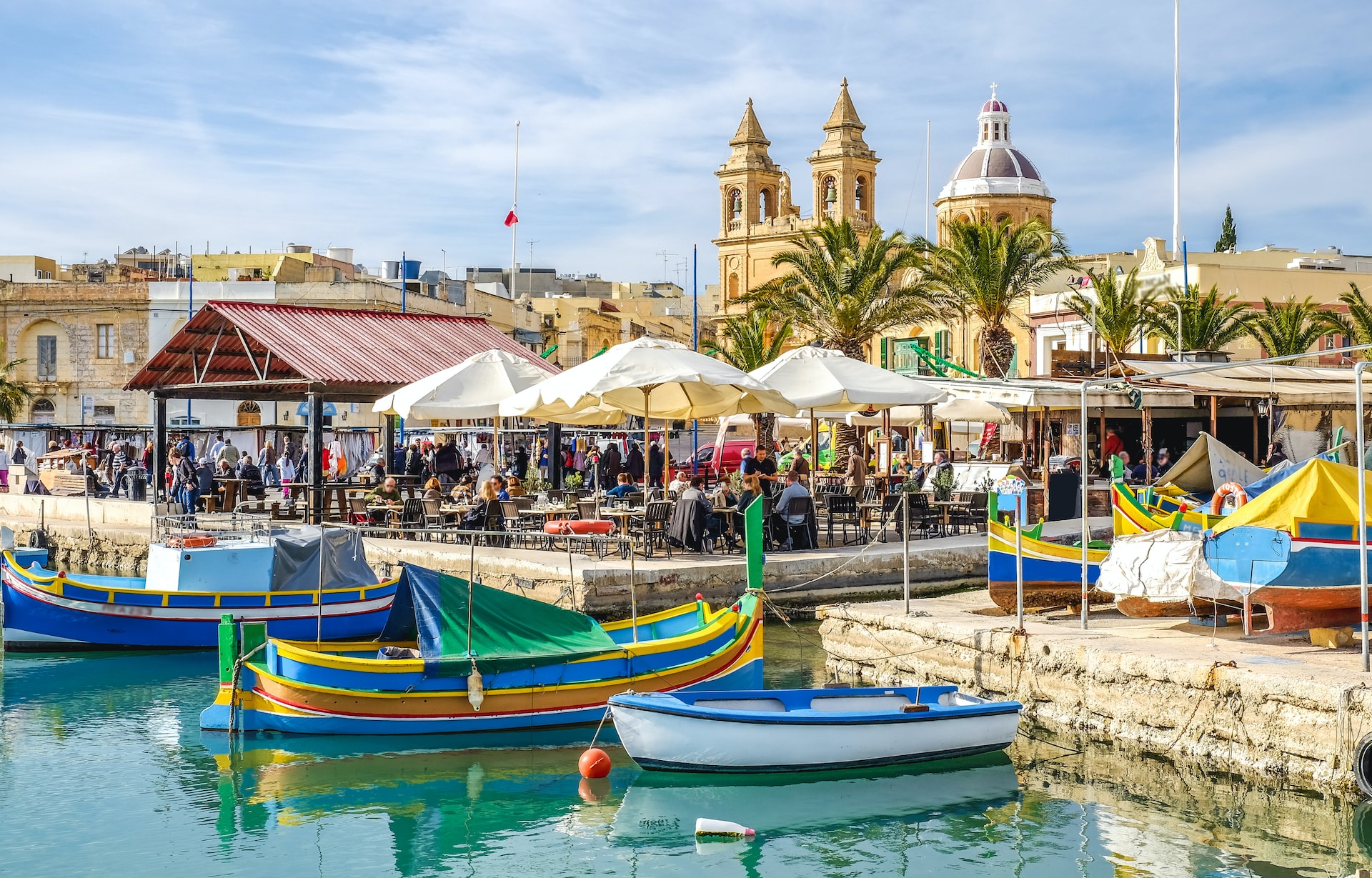The Residency Malta programme is one of the most effective ways to boost the country’s budget
Malta has two schemes that offer legal ways to stay in the country. One is the popular Golden Passport. This programme offers citizenship in exchange for investment. The second is Residency Malta, which allows you to obtain residency status. The latter aims at highly paid foreign professionals from non-EU countries.
Analysts predict that in 2024, revenues from the Residency Malta programme will grow three times compared to 2023 figures, reaching €25 million. As for citizenship in exchange for investment (“Golden Passport”), this programme will not show such rapid growth in 2024. Revenue from this programme will increase by around 60% compared to 2023, reaching around €21 million.
Terms and Conditions of Residency Malta
The Residency Malta programme offers three options for the legal residency of citizens of other countries:
– issuing a residence permit for digital nomad status;
– residence permit for startups based in Malta;
– obtaining a permanent residence permit (MPRP).
These programmes provide residency status for foreign nationals working remotely with high incomes.
The conditions for obtaining the MPRP require the applicant to purchase or rent a property:
– direct payment in case of purchase is from 28 thousand euros;
– 58 thousand euros in the case of rent.

Foreign citizens with a capital of 500 thousand dollars or more can participate in the programme.
Applicants who work remotely for a foreign company or are self-employed can apply for digital nomad status (Nomad Programme). In this case, their annual income must be at least 32.4 thousand euros. The programme has been in place in Malta since 2021.
The Startup Residence Scheme is available to companies wishing to relocate their business from a non-EU country. The programme is a 3-year residence permit with a 5-year renewal option. At the same time, the start-up company must have a minimum of €25,000 in tangible investment or equity.
Residency in Malta is a lucrative way of supplementing the Maltese budget. According to data, foreigners who have status under the programme receive an average of €48,000 per year. At the same time, they spend about €3,000 per month, adding a total of about €17 million per year to the local economy.
The government pays special attention to start-up programmes. The country has an ecosystem for start-ups, making it easier for them to launch new projects.
